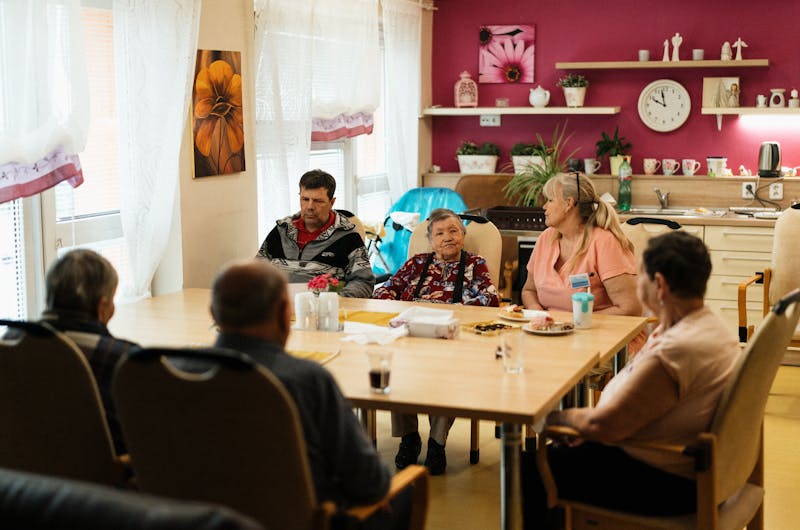Nursing Home Operators Hiding?
The average nursing home resident likely perceives a formidable opponent when he or she initiates an abuse or neglect suit against a long-term care facility, and with good reason. Nursing homes and their operators are considerably more familiar with the litigation process than the average plaintiff. They know the ins and outs of defending a lawsuit, while the plaintiff typically must rely completely on his or her attorney for guidance. This imbalance, however, might soon be shifting.
One of the ways nursing home operators have achieved the upper hand in nursing home abuse /neglect lawsuits is through the very organization of their corporate structures. The use of so called “catch-me-if-you-can” corporate structure has allowed some nursing home operators to avoid lawsuits by, in essence, hiding. The layered ownership scheme essentially breaks up the corporations that own and operate the nursing homes into tiny pieces so that plaintiffs have no one substantial to sue. The operators are able to “hide” in the confusion and ultimately avoid financial liability for their wrongdoings.
This corporate shell game may be forced to end soon due to federal and state law changes though. The Affordable Care Act, or “Obamacare,” is one such law attempting to require nursing homes to answer for their actions. Changes under Obamacare are expected to require extensive reporting of management and ownership of nursing homes. Required reporting would make it much more difficult for nursing home operators to remain anonymous, thereby making it easier to hold them accountable. A bill pending in Connecticut is another initiative pushing for transparency of ownership. The bill would require a facility to reveal the identity of any “related party”-including companies that own the facility properties and those that provide rehabilitation services, etc.-as well as the parties’ financial status. Furthermore, the bill requires the reporting of the profits from all side business which exceeds $10,000 a year. These changes, like the federal changes, benefit plaintiffs by thwarting negligent nursing home operators’ ability to escape liability.
These efforts to level the playing field are encouraging, but minimal. The best option available to victims of nursing home abuse or neglect and their families is still contacting an attorney to help them in their fight. The guidance of an experienced attorney remains invaluable. The Higgins Firm nursing home neglect attorneys are dedicated to protecting the rights of victims of nursing home abuse and holding facility operators accountable for their actions.




